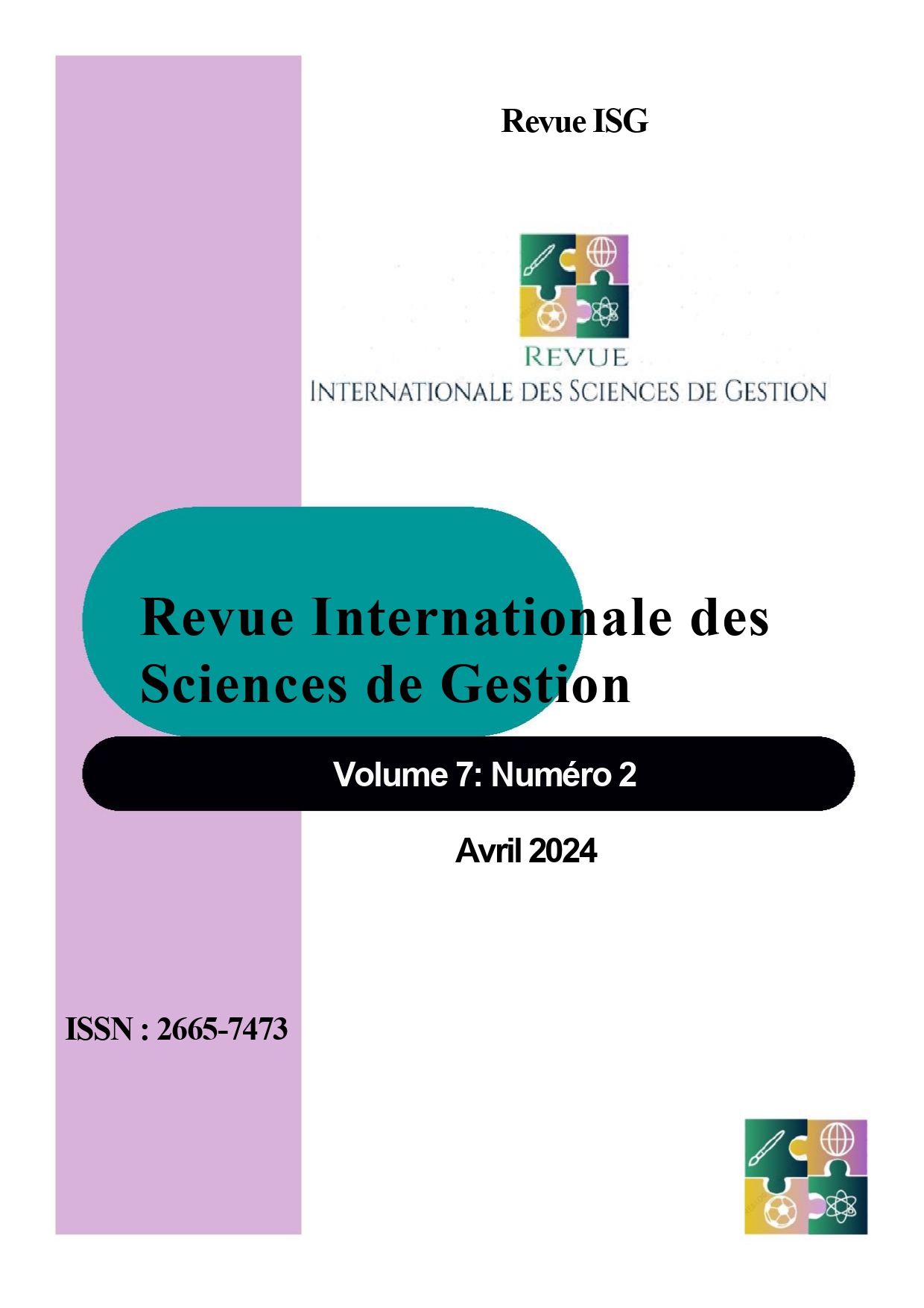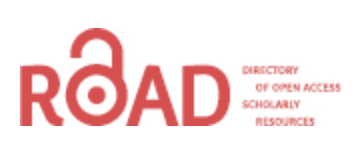Storytelling : tool of attraction and mobilization of the moroccan qualified diaspora
Keywords:
Storytelling, Communication/Marketing, Qualified diaspora, Attraction, RepresentationAbstract
In a context of globalization that has characterized the international mobility flows of highly qualified migrants. The issue of attracting and mobilizing skilled workers has become a priority for countries around the world and more specifically for developing countries. Indeed, territories and organizations are in competition to attract the best talents. Morocco aware of this challenge at the crossroads of civilizations, known for its rich history of emigration continues to undergo different forms of humain mobility. The theory of economic catch-up of migration emphasizes the importance of brain gain at the expense of a brain drain. The Moroccan diaspora represent a reservoir of talents that could be put at the service of the development of the morrocan economy. Indeed the practice of storytelling as a marketing tool and branding drawing its origins from the field of narratology could constitute an interesting track to influence the perceptions of the moroccan diaspora highly qualified to generate the expected behaviour. Our research objective is to contribute to scientific and managerial reflections on the potential of adopting a branding approach by conceptualizing storytelling in the process of attraction and mobilization of the qualified diaspora for the development of the moroccan economy. Indeed, the practice of storytelling has been used in different contexts such as the consumption of goods, tourism and recruitment to generate a good reputation and increase the trust ratio within the targeted community.
Downloads
Downloads
Published
How to Cite
Issue
Section
License
Copyright (c) 2024 Yassine MATOUG, Ilham BOURIQUI

This work is licensed under a Creative Commons Attribution-NonCommercial 4.0 International License.


















